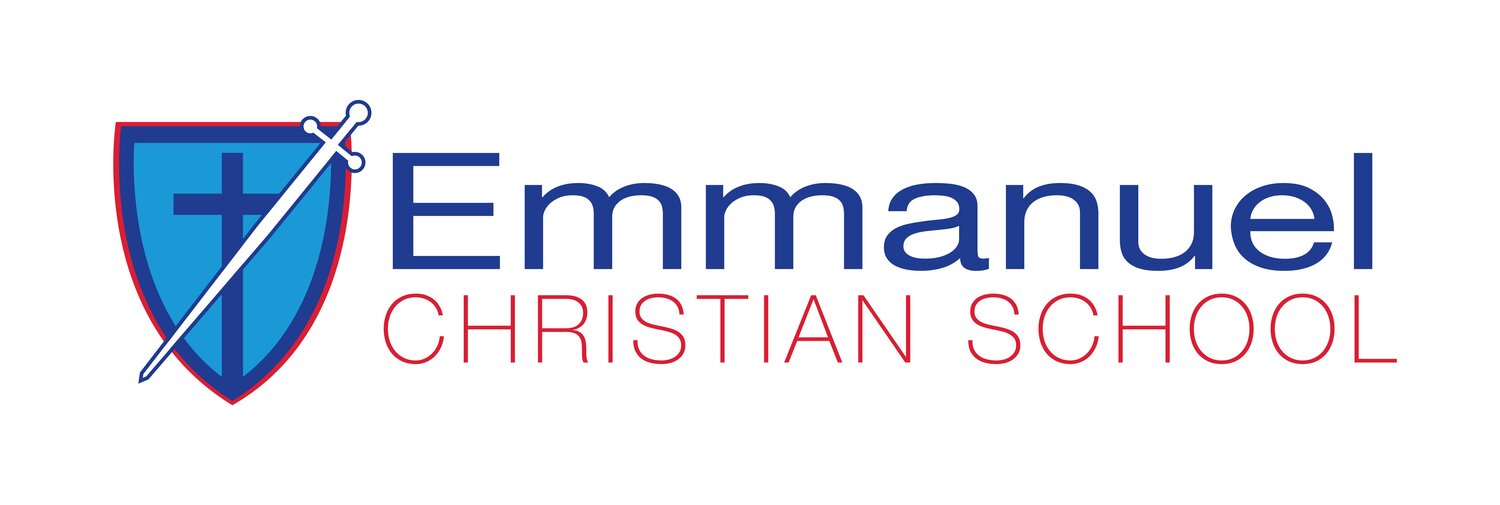I have often read about how important it is for a student to attend at least 80 percent of lessons.
If they miss some lessons, it is reasonably likely that they will catch up, or not miss too many important parts, so that they can move forward and pass a subject quite easily.
The more a student gets behind, the more they are required to catch up, as well as stay current with classes that continue. An issue with this is, if you are in a class that is talking about a specific topic, often the learner will not be able to understand what is being taught as they won’t have had the referential background developed by the earlier lessons.
I recently saw the graph below and it really hit me hard, the difficulty missing classes puts on a student. When you see data that shows the likely grade output from students that have missed classes, it is disturbing. Noticeably, to stay in the good zone of learning, a student needs to stay within the 95% to 100% range. This will enable them to learn at their optimum level.
So, one of the biggest indicators of success in students at school is an above 80% attendance.
If you have a child away from school, please make sure you call to let us know they are away so we can record it in our register.
If your child has attendance issues, please call the school so we can work with and assist you in trying to maintain a higher attendance level. We really care about our student’s education and want to help out where we can.
Ed Moroni - Secondary Co-ordinator









